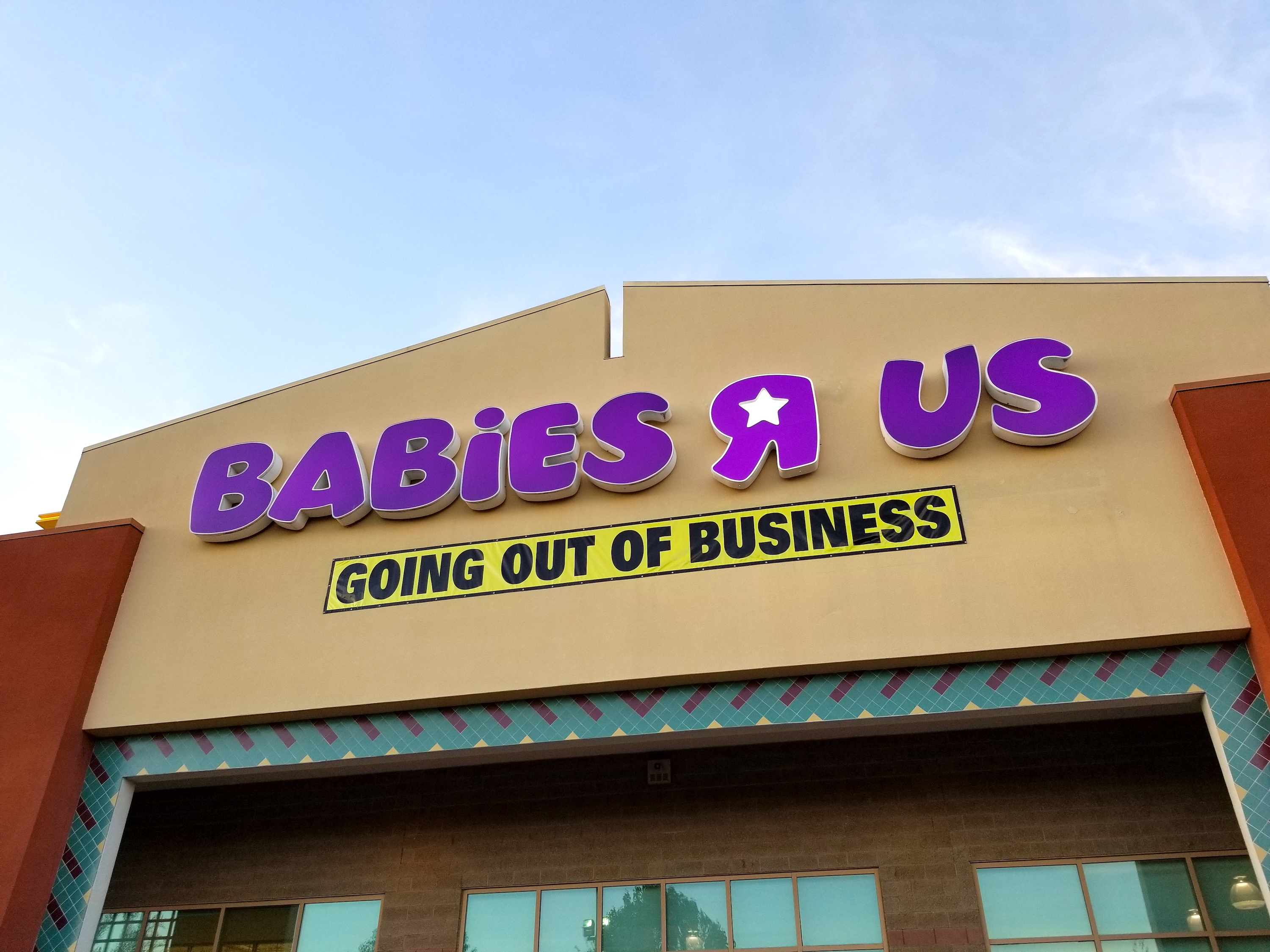- From declining foot traffic to the rise of e-commerce, countless stores have permanently closed their doors for a number of reasons.
- In 2020, more than 2,200 stores are already set to close across the United States. In 2019, more than 9,300 stores closed.
- But even when shopping malls were in their heyday, many stores still shuttered for various reasons.
- Department stores like Bon-Ton and Ames, bookstores like Waldenbooks and Borders, and clothing stores like Wet Seal and Limited Too are among the many stores that have permanently shut their doors.
- Here are 50 once-beloved stores that don’t exist anymore.
Thom McAn was a chain of shoe stores that had over 1,400 stores at its peak in the 1960s. The chain had closed by 1996, but Thom McAn shoes are still available at Sears and Kmart.
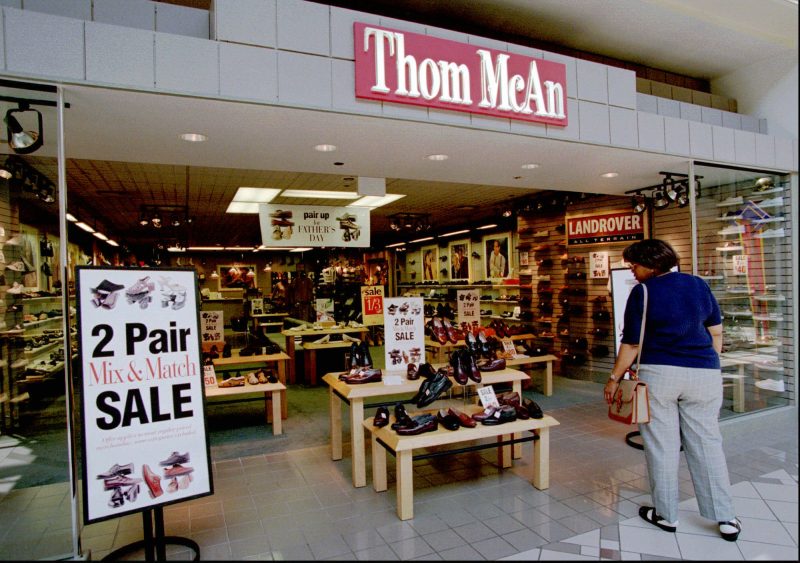
Source: The Wall Street Journal
Kinney Shoes opened in 1894. It had 467 stores at its peak, all of which shuttered in 1998.
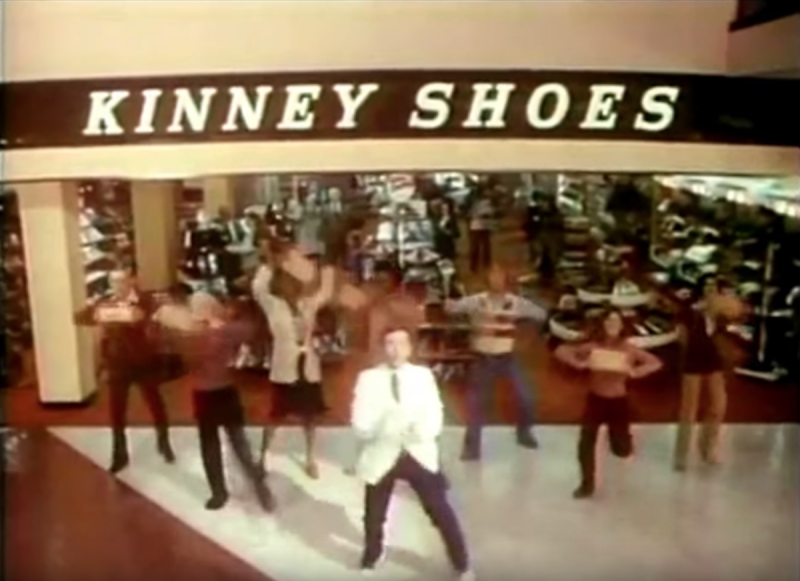
Source: LA Times
In 1992, Blockbuster acquired the Sound Warehouse and Music Plus music chains and created Blockbuster Music. The chain was sold to Wherehouse entertainment in 1998 before closing for good.
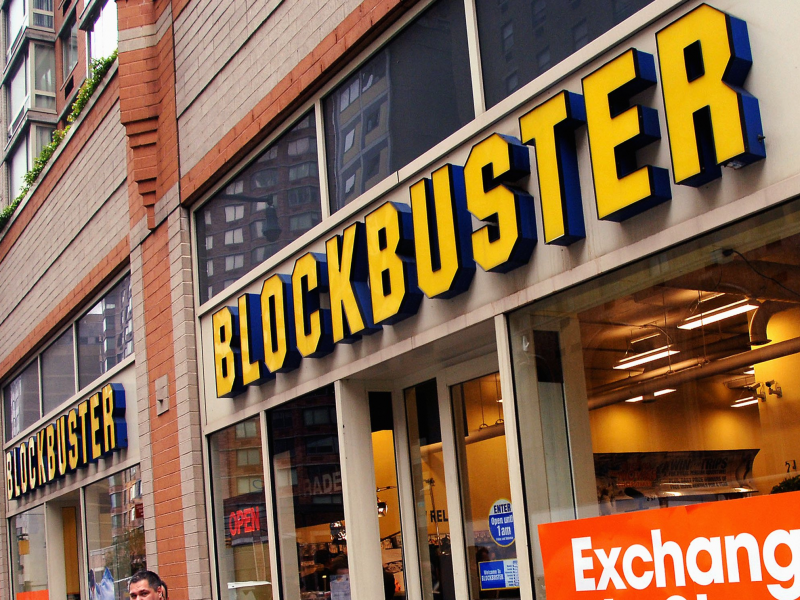
Source: Buzzfeed
Warner Bros. Studio Store competed with the Disney store until the company closed all of its locations in 2001.
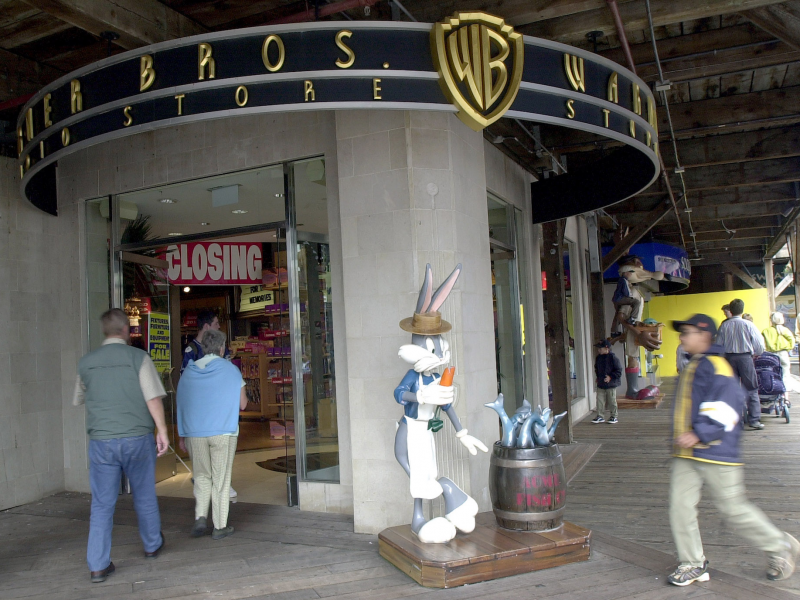
Source: Business Insider
Zany Brainy stores filed for bankruptcy in 2001, and the educational toy retailer's founder, David Schlessinger, now runs the discount company Five Below.
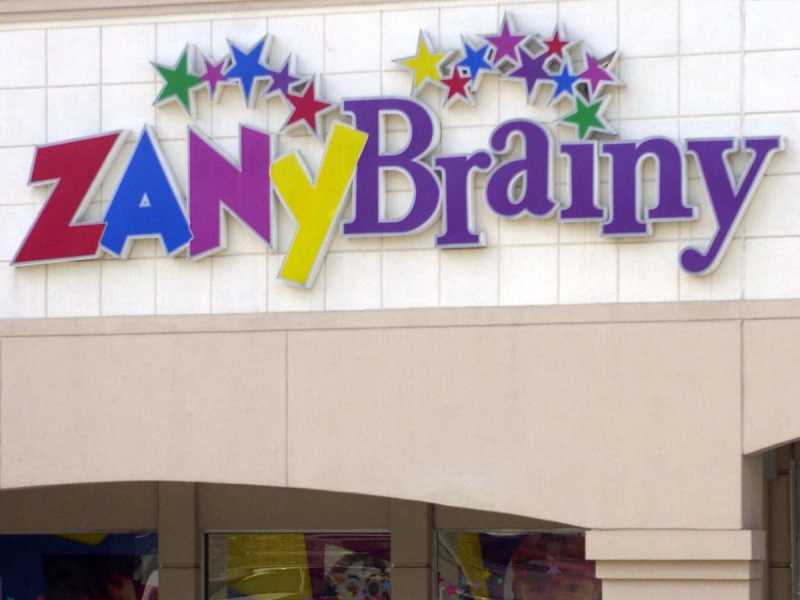
Source: Business Insider
Ames Department Store had more than 700 locations, but debt and poor sales forced it into bankruptcy twice. In 2002, the remaining Ames stores closed.
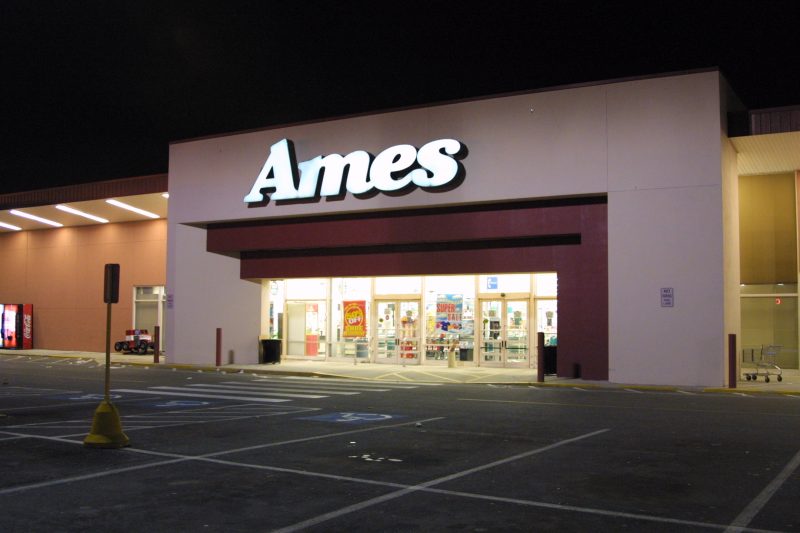
Source: The New York Times
Imaginarium was an educational toy store in the 1980s. Stores started closing in the 1990s, and by 2003, its parent company Toys R Us had closed them all.
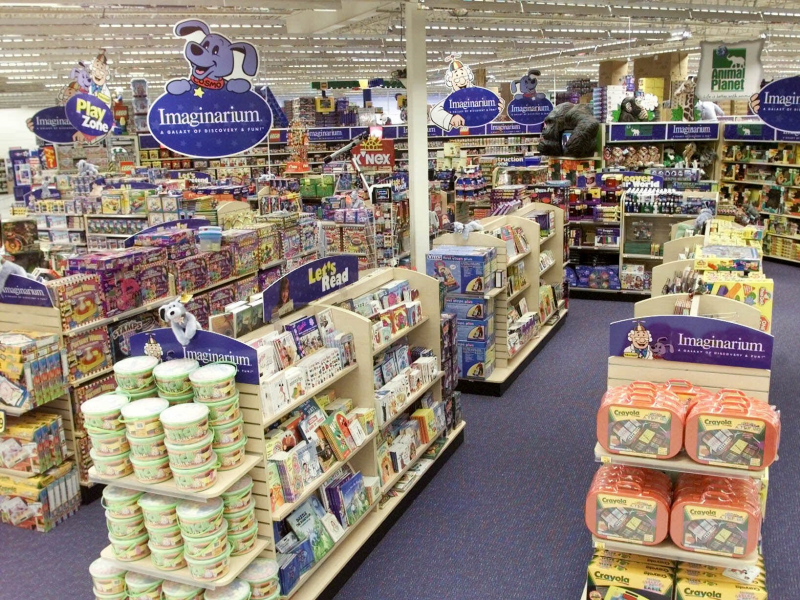
Source: Business Insider
Hecht's Department Store was founded in 1857. In 2005, the chain was purchased by Macy's and all locations were either turned into Macy's stores or closed.
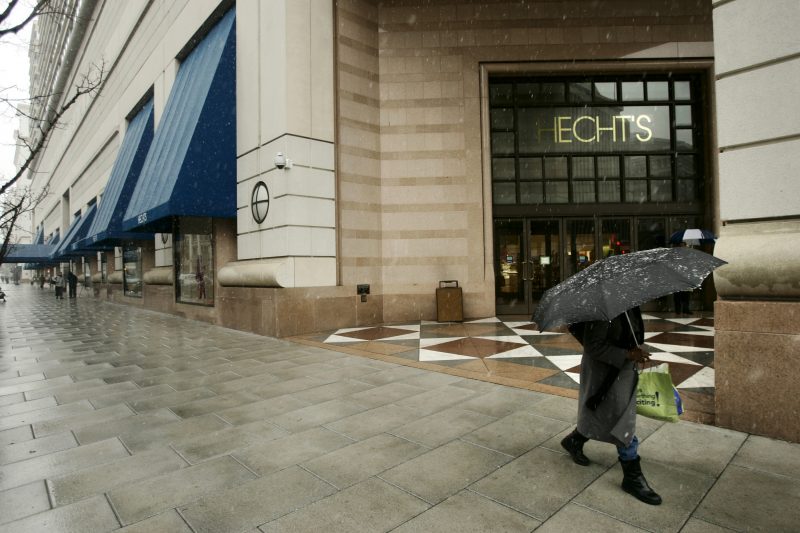
Source: The Baltimore Sun
Federated Department Stores bought Marshall Field's in 2005 and converted the stores to the company's more recognizable flagship brand, Macy's.
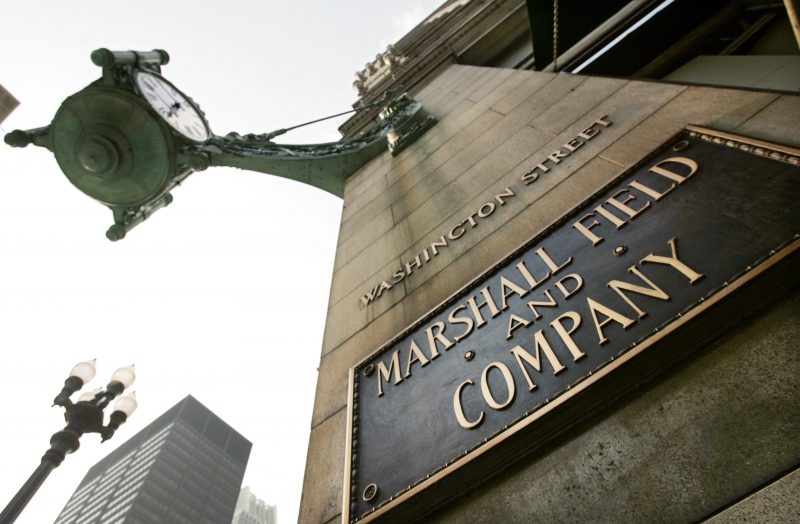
Source: The New York Times
Gadzooks was a teen clothing store that was around from 1983 to 2005. It filed for bankruptcy in its final year and was purchased by Forever 21, which then closed all of the stores.
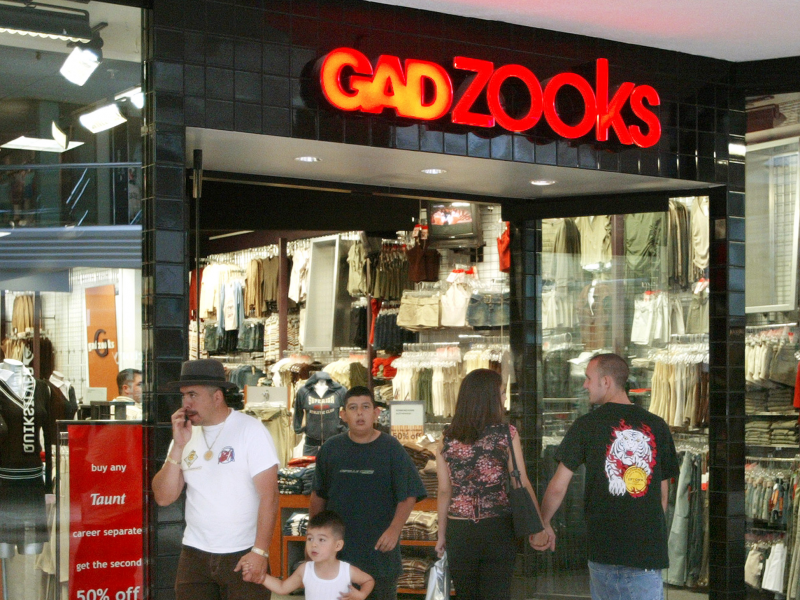
Source: Buzzfeed
Kaufmann's was a department store that had 44 locations at its peak. In 2006, Macy's retired the name, and the brand disappeared.
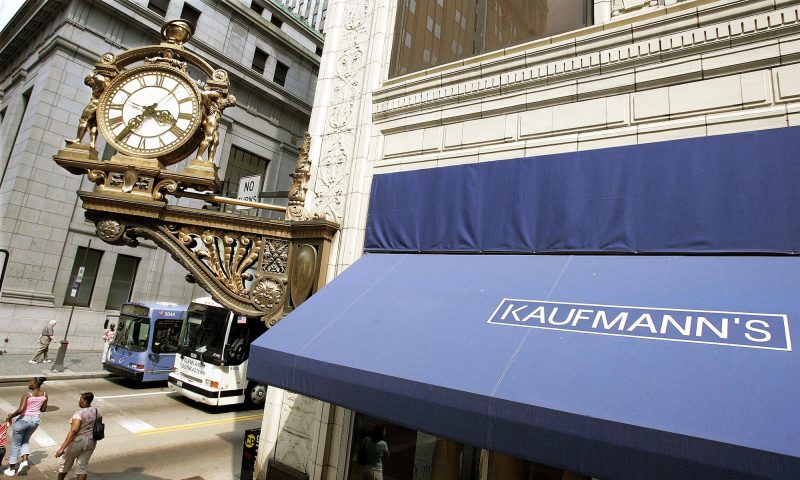
Source: Pittsburgh Post-Gazette
Tower Records was one of the largest record stores in the 1990s, but it couldn't keep up with the rise of digital music. All Tower Records stores in the US were closed in 2006.
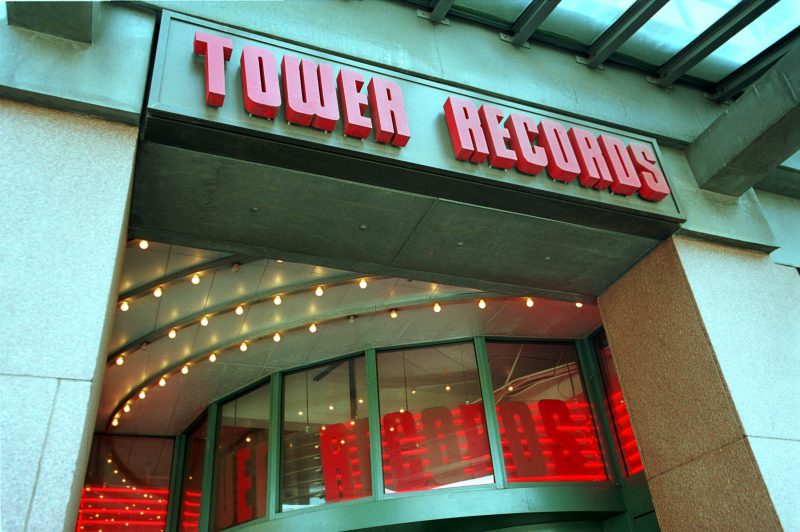
Source: The Guardian
Media Play was opened by the same company as Sam Goody, serving as a big-box version of the store. It closed for good in 2006.
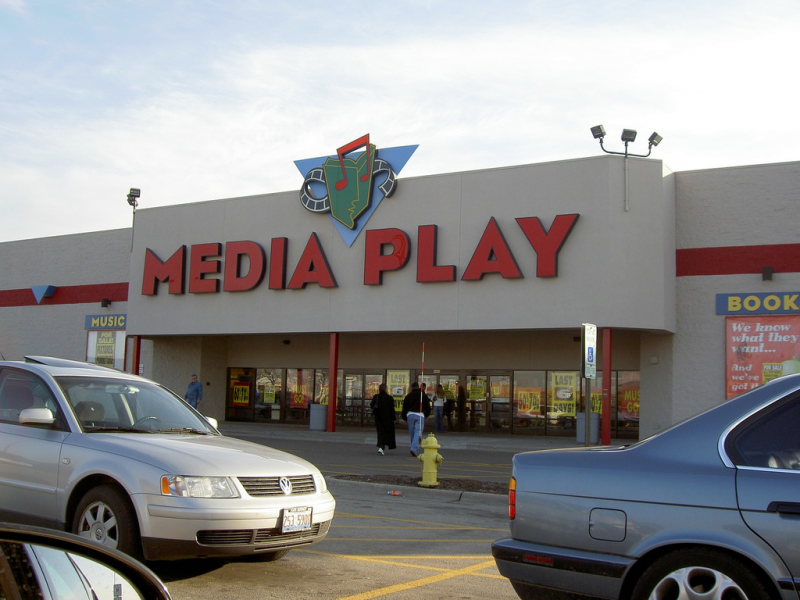
Source: Buzzfeed
Discovery Channel stores sold educational books, videos, and gifts, but all 103 standalone stores closed in 2007.

Source: Denver Post
K·B Toys operated over 1,300 stores across all 50 states. The chain announced it would be going out of business in 2008, and by early 2009 all locations were closed.
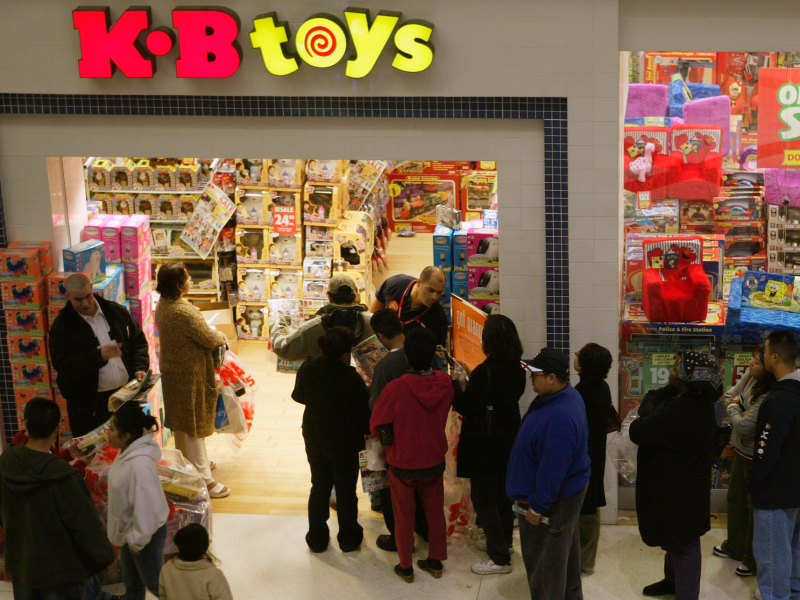
Source: Buzzfeed
Sharper Image declared bankruptcy in 2008. But the company still sells merchandise through its website, catalog, and third-party retail partners.
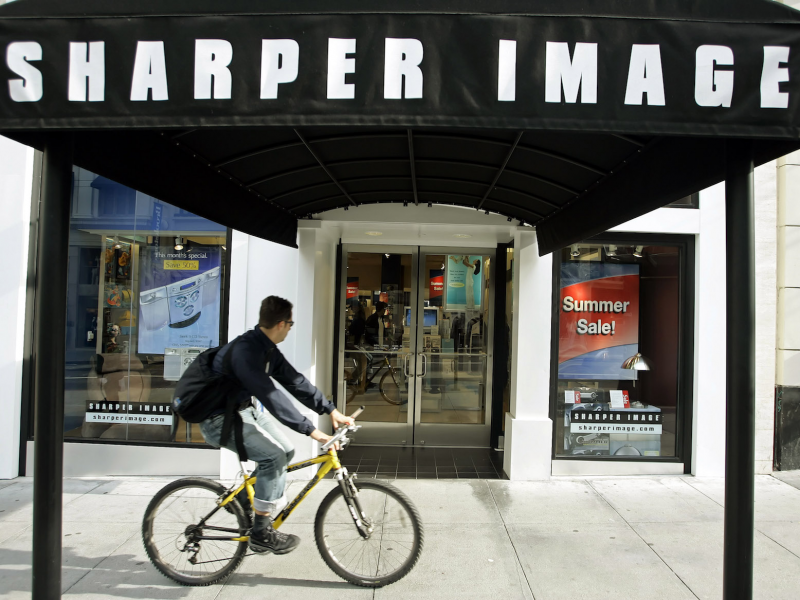
Source: Business Insider
Levitz Furniture was founded way back in 1910. It declared bankruptcy twice — first in 1997, and then in 2005. It closed all of its stores in 2008.
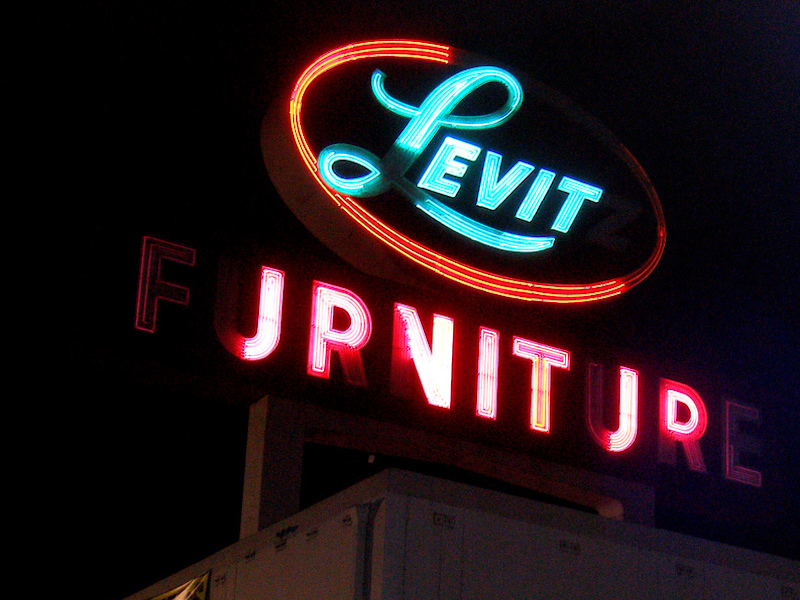
Source: Business Insider
Linens 'n Things had over 500 stores in 2006, but by the end of 2008, they were all closed. The company still does business online.
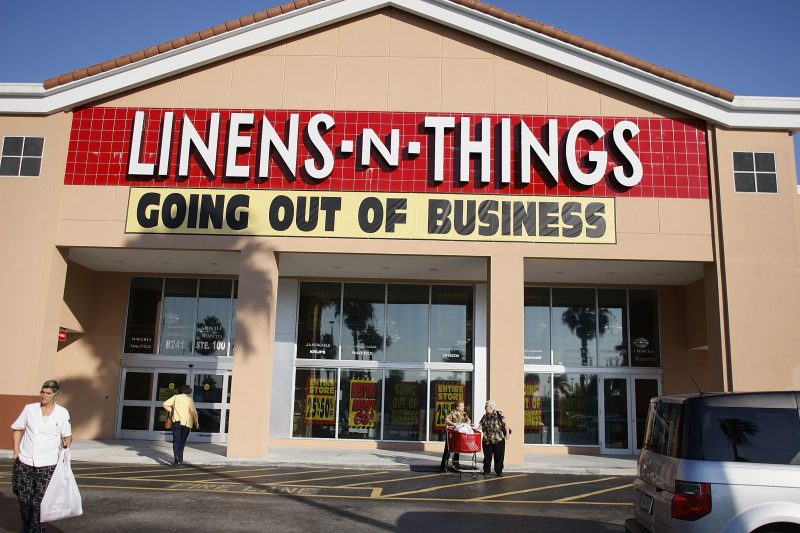
Source: The Seattle Times
Mervyn's was a California-based department store founded in 1949 that had almost 200 locations in the western US. In 2008, the company declared bankruptcy and closed all of its stores.
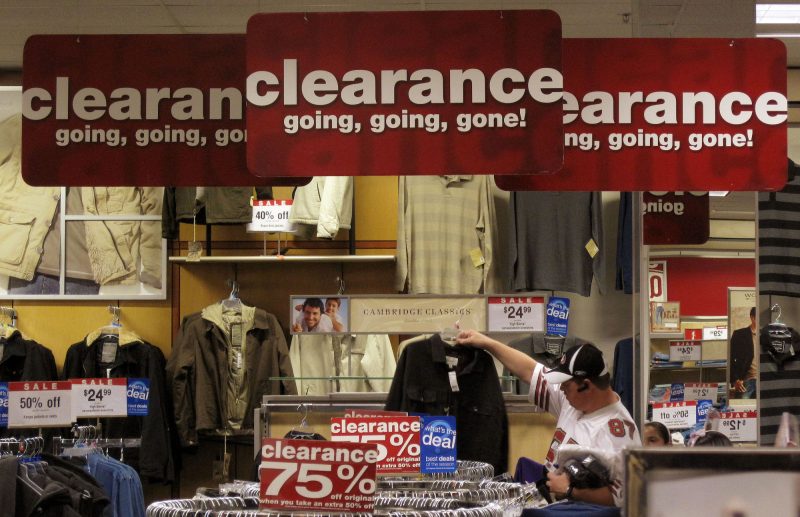
Source: The LA Times
Limited Too, The Limited's children's store, launched in 1987. Its success began dwindling in the early 2000s, and all Limited Too stores were eventually rebranded as Justice by 2008.
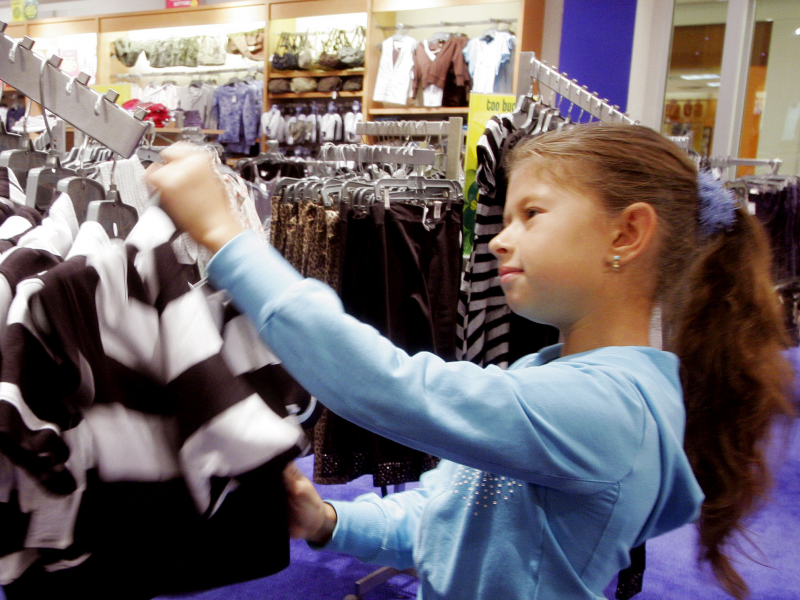
Source: Bustle
Tweeter was an electronics chain that started in 1972, but all of its stores were closed by the end of 2008.
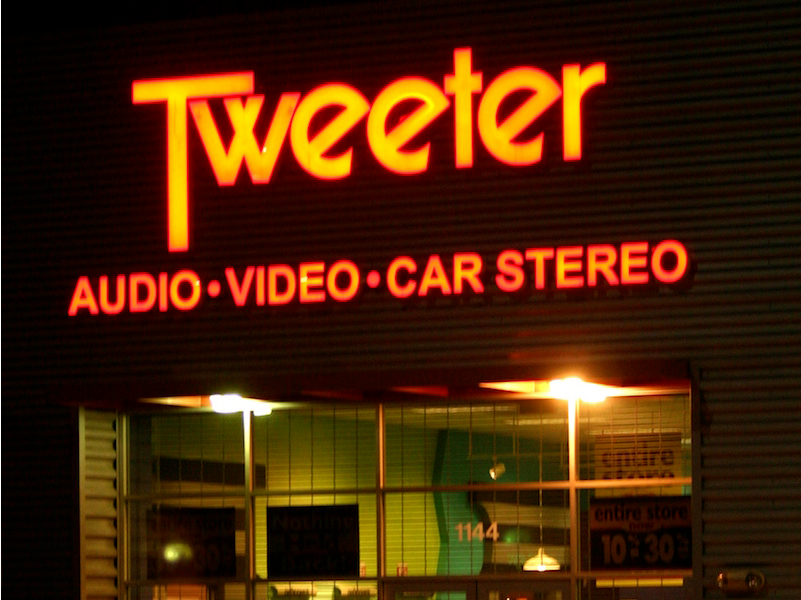
Source: Reuters
Circuit City had 567 stores in 2008. By 2009, they were all closed.
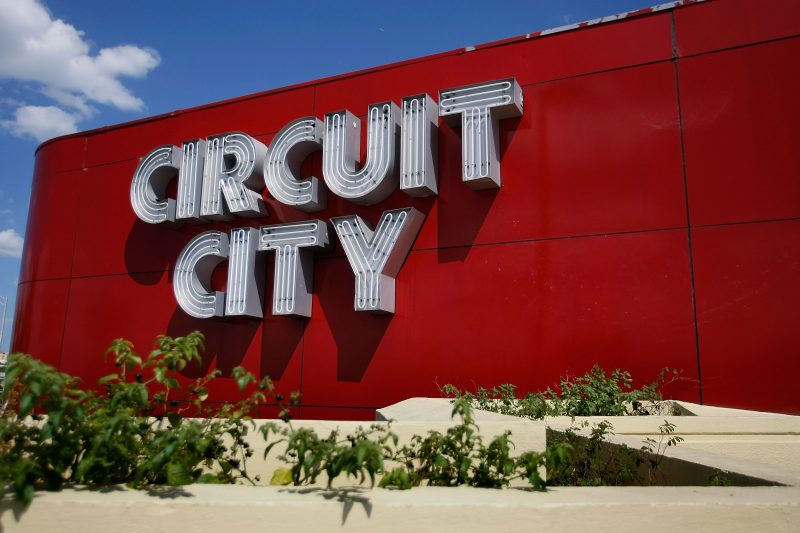
Source: The New York Times
Steve & Barry's sold inexpensive sportswear for teens. It closed all of its stores in 2009.
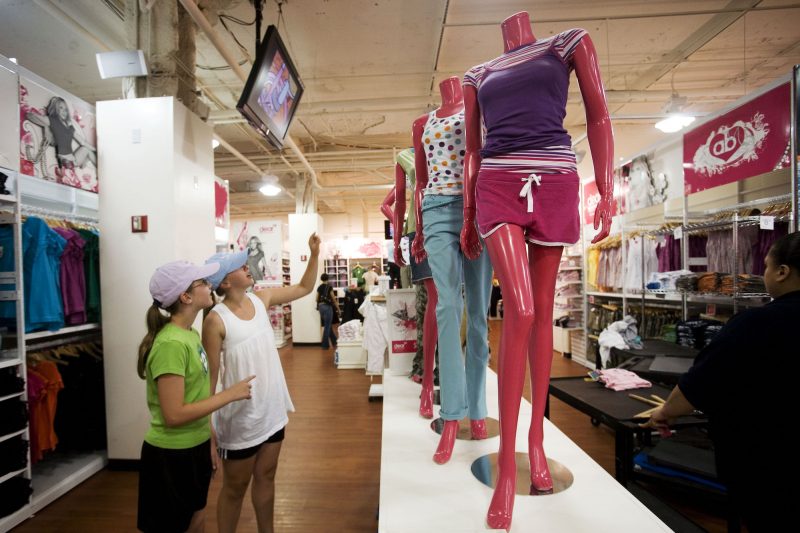
Source: Buzzfeed
Filene's Department Store, a Boston-based department store, went bankrupt in 2009, and there are no more brick-and-mortar locations left.
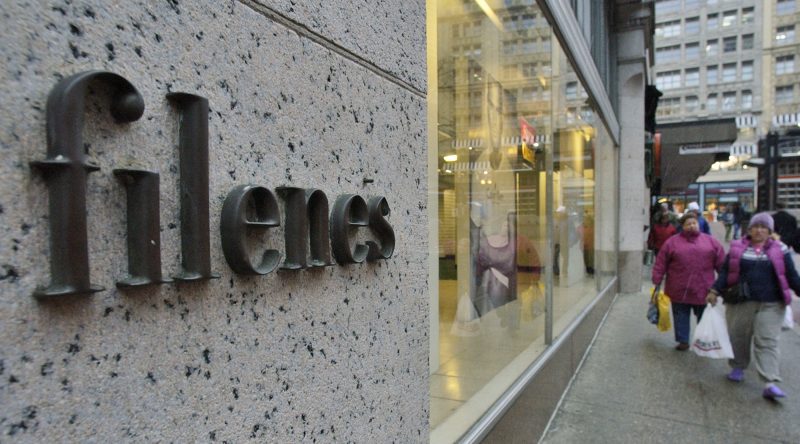
Source: New York Times
B. Dalton Books was acquired by Barnes & Noble in 1987, which officially closed the bookstore in January 2010.

Source: Buzzfeed
Filene's Basement was an off-price store that started in Filene's and eventually grew to 20 locations. Its parent company went bankrupt in 2009, and by 2011 all Filene's Basement stores were closed.
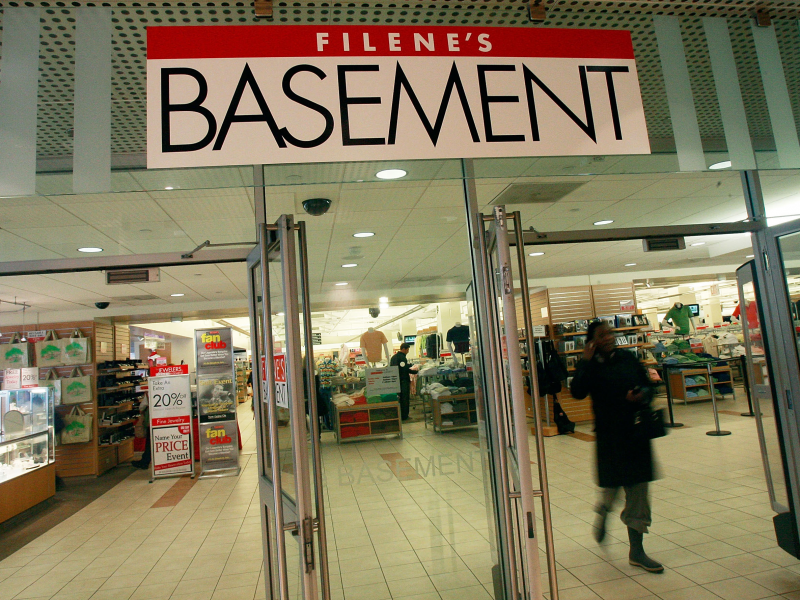
Source: New York Times
Waldenbooks was founded in 1933 and grew to 250 locations in 15 years. In 1994, the company merged with Borders, and in 2011 all Waldenbooks stores closed when Borders Group liquidated.

Source: Buzzfeed
Borders Books & Music stores also all closed shortly after the company was forced to liquidate in 2011.
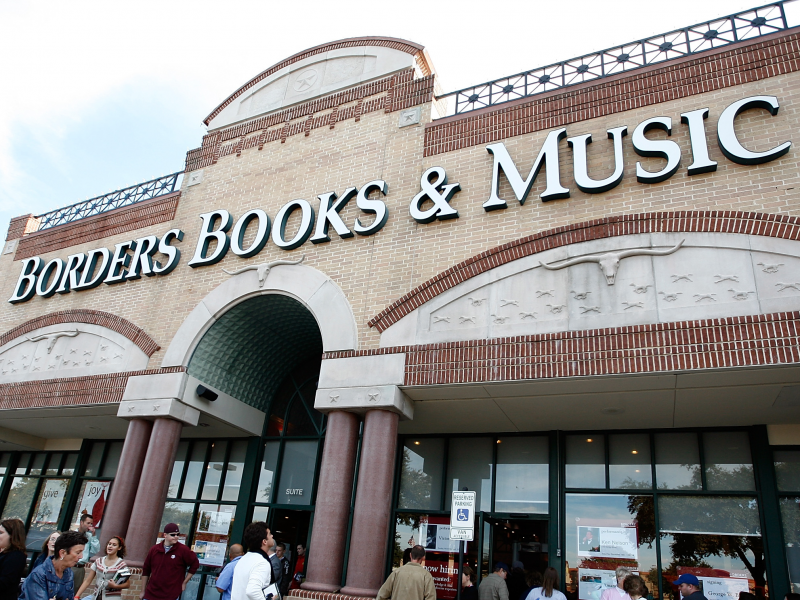
Source: Business Insider
CompUSA started in 1984 as a chain specializing in computer hardware and software. But by 2007, Best Buy and other superstores had taken over, and the last CompUSA closed in 2012.
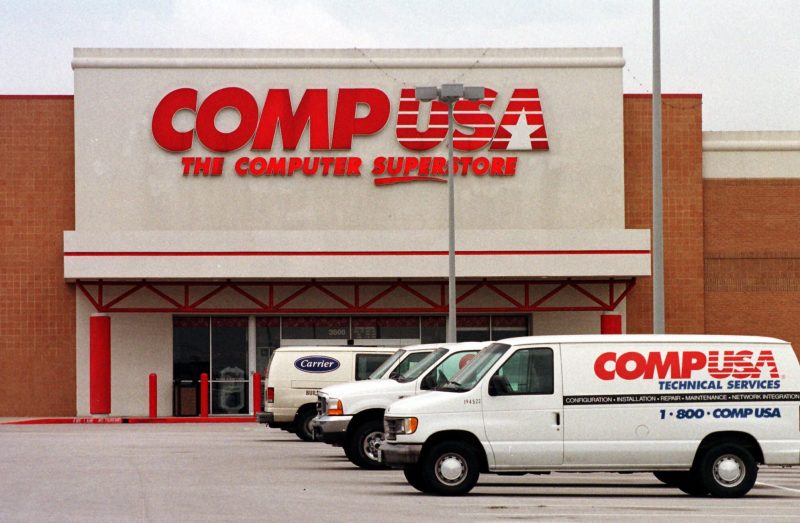
Source: CBS News
Sam Goody music stores opened back in the 1940s but suffered from the rise of digital media. Most Sam Goody stores were either shuttered or converted into other brands like FYE by 2012.
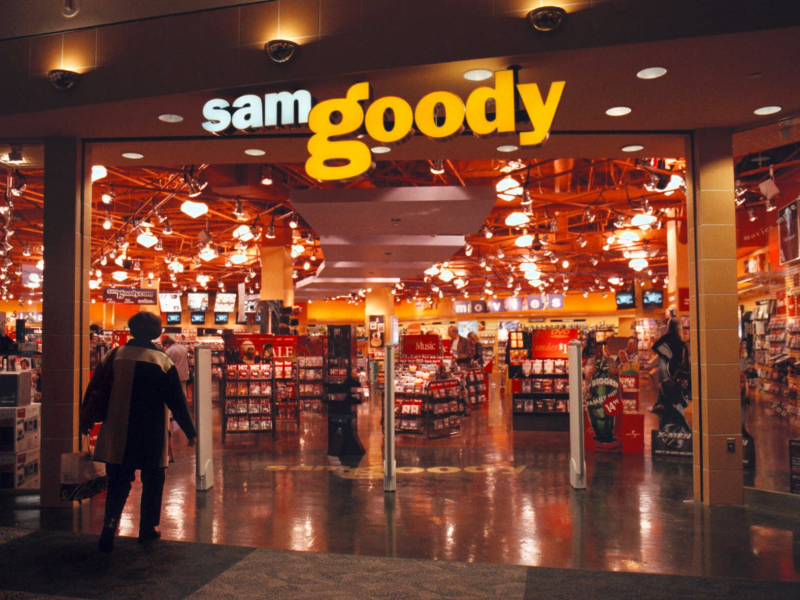
Source: Bustle
Blockbuster, the iconic video rental store, announced in 2013 that it would begin closing most locations. Only a single Blockbuster remains in Bend, Oregon.
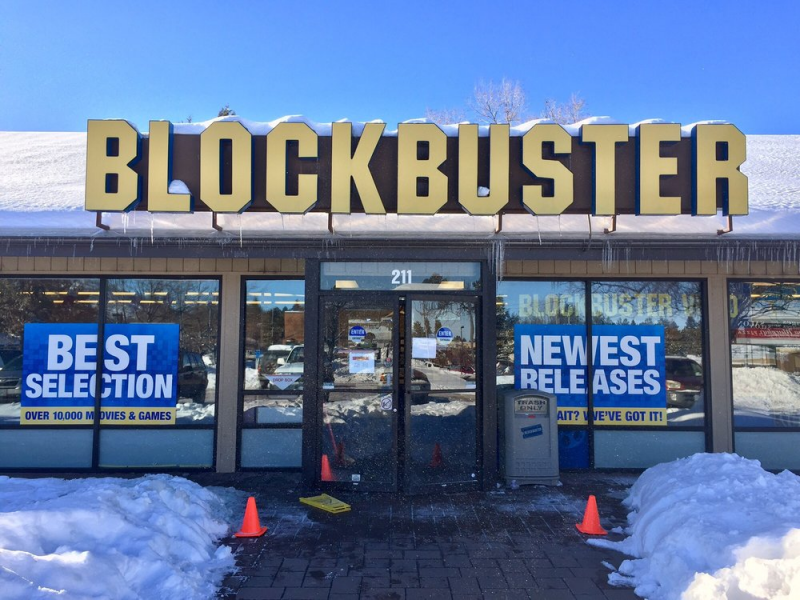
Source: Business Insider
A&P was the largest grocery store chain in the US from 1915 to 1975. It filed for Chapter 11 bankruptcy in 2010 and again in 2015, closing its stores that year.
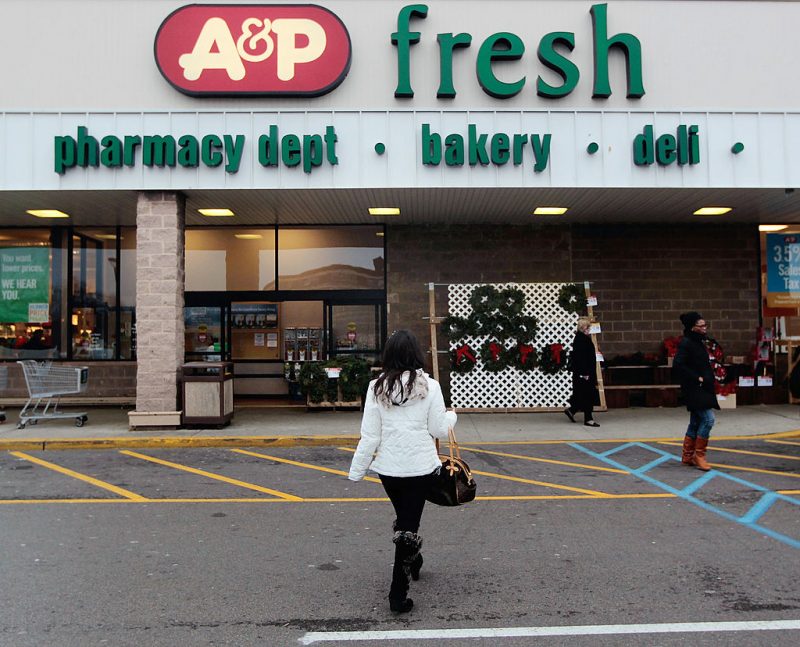
Source: USA Today
Sports Authority had more than 200 locations in the US, but competition drove the company into bankruptcy in 2016, when it closed all its stores and sold its website to competing brand Dick's Sporting Goods.
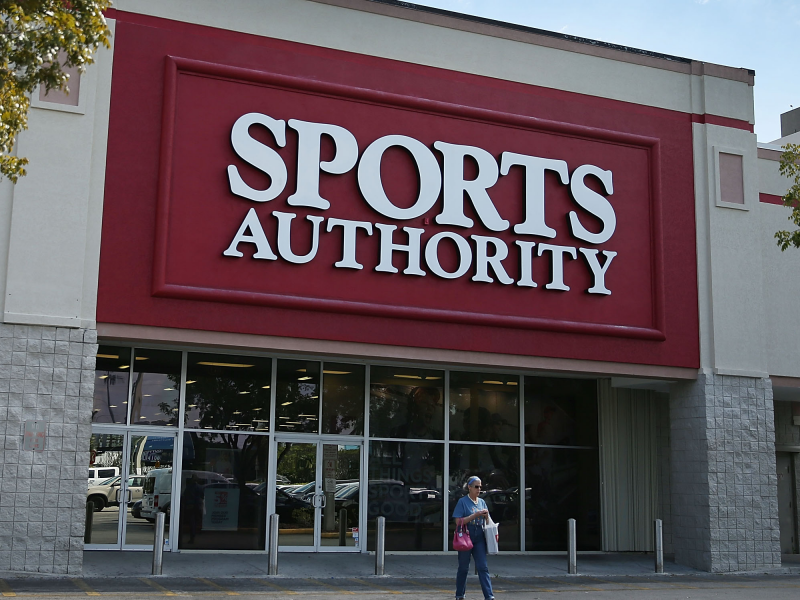
Source: Chicago Tribune
Sport Chalet, which first opened in 1959, abruptly closed all of its stores in 2016.

Source: LA Times
Wet Seal, a teen clothing store, filed for bankruptcy in 2015 and closed for good in 2017. Even though its stores are closed, you can still shop online.

Source: Business Insider
Virgin Megastores stopped operating in the US in 2017, mostly because of the rapidly declining CD market.
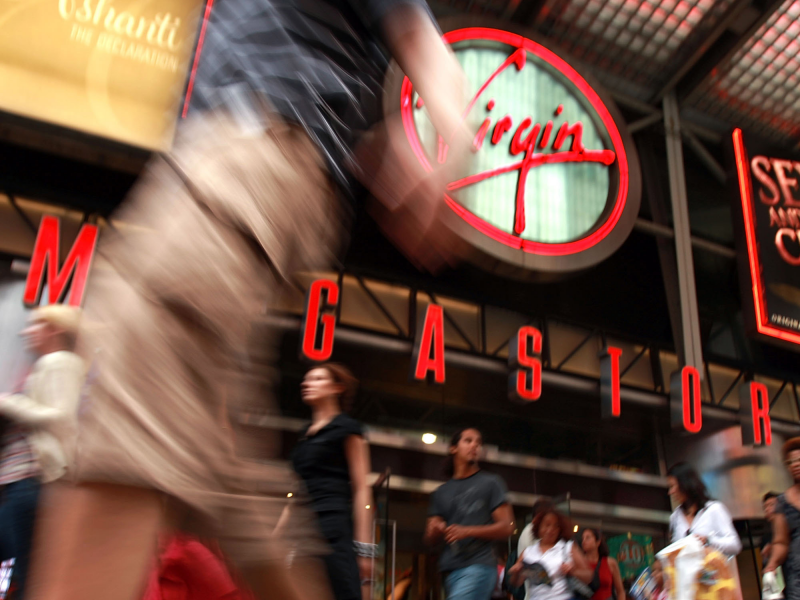
Source: Business Insider
Radio Shack closed more than 1,000 stores after filing for bankruptcy in March 2017.
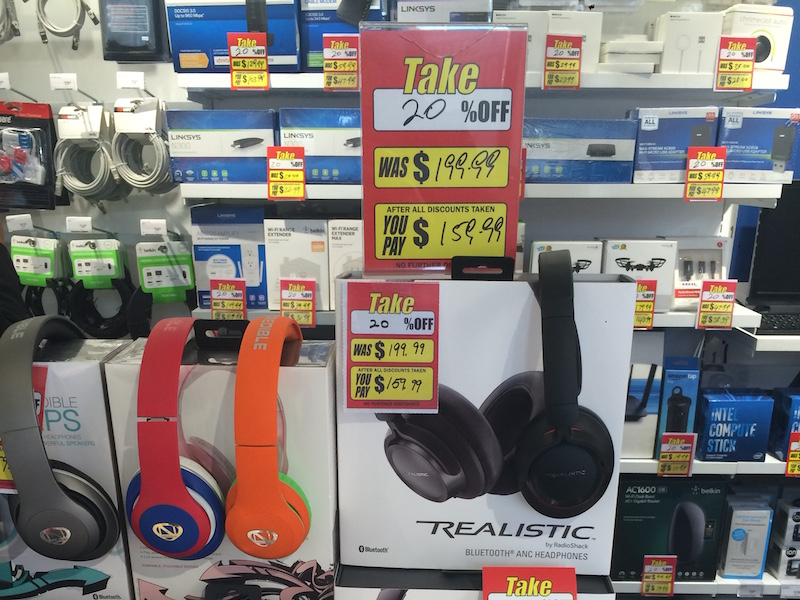
Source: Business Insider
The Limited abruptly shut down all 250 of its stores in 2017.

Source: Business Insider
Teavana's 379 locations were closed by its parent company Starbucks in 2018.
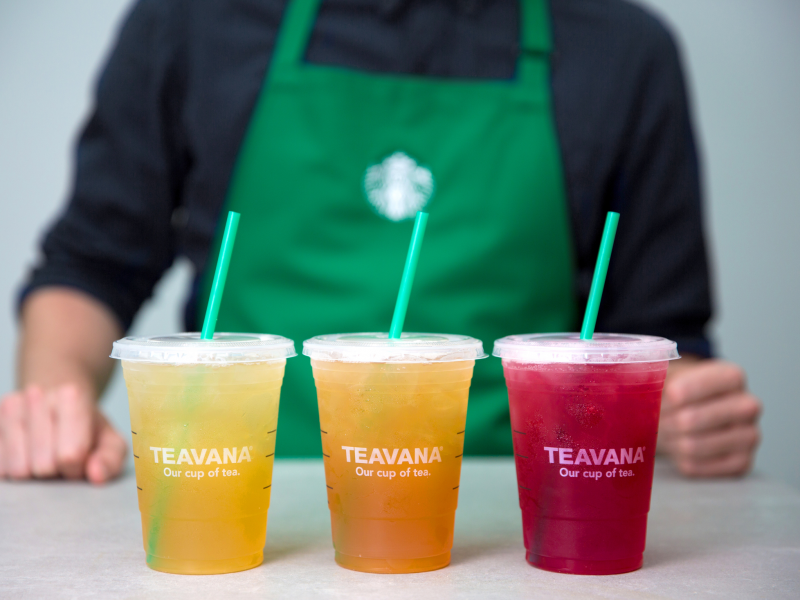
Source: Business Insider
All 256 of the Bon-Ton stores were liquidated in 2018. The Bon-Ton stores include its namesake ...
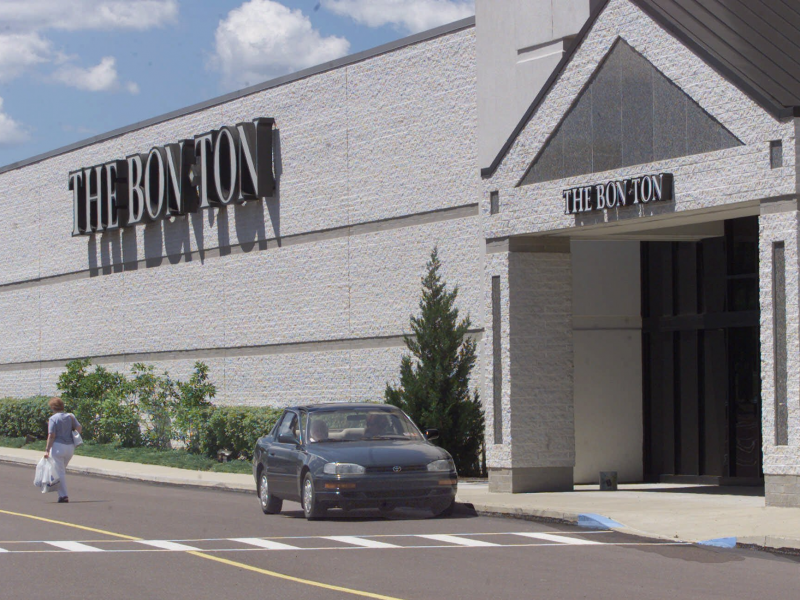
Source: CNN Money
... Bergner's ...
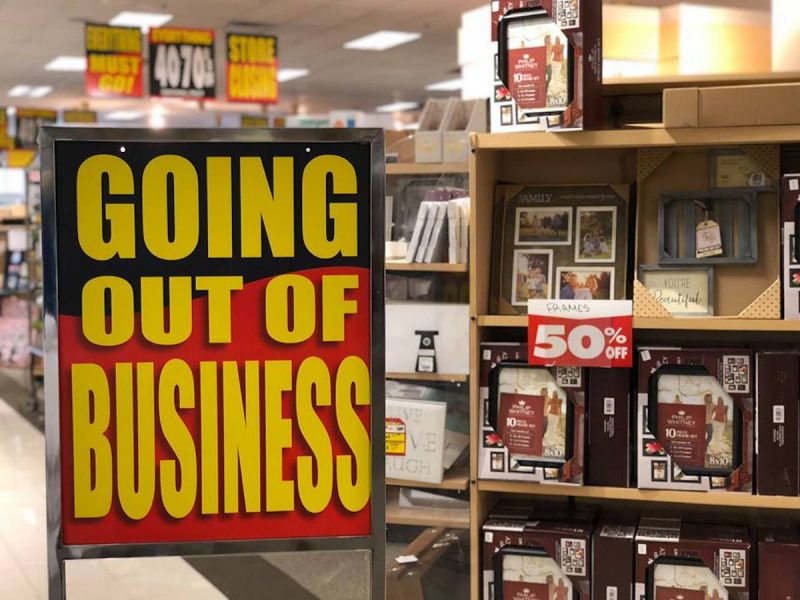
Source: Business Insider
... Boston Store ...
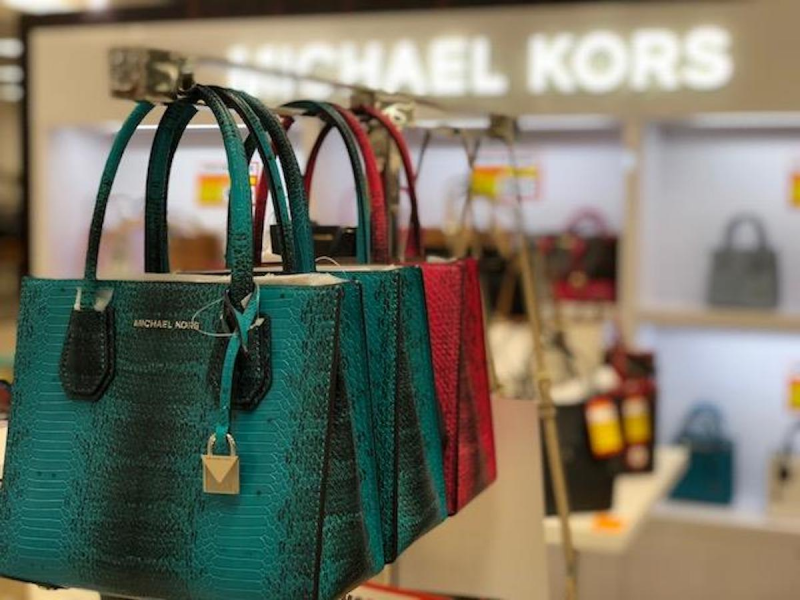
Source: CNN Money
... Carson's ...
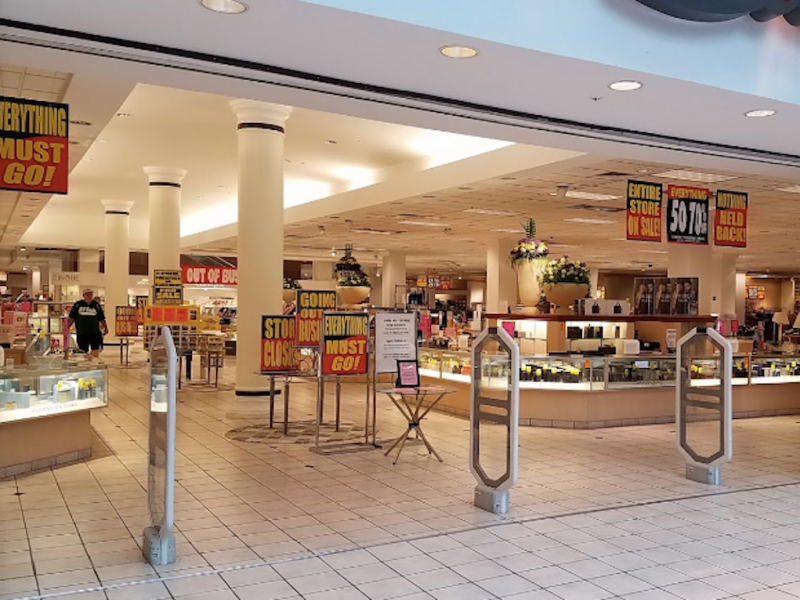
Source: CNN Money
... Elder-Beerman ...
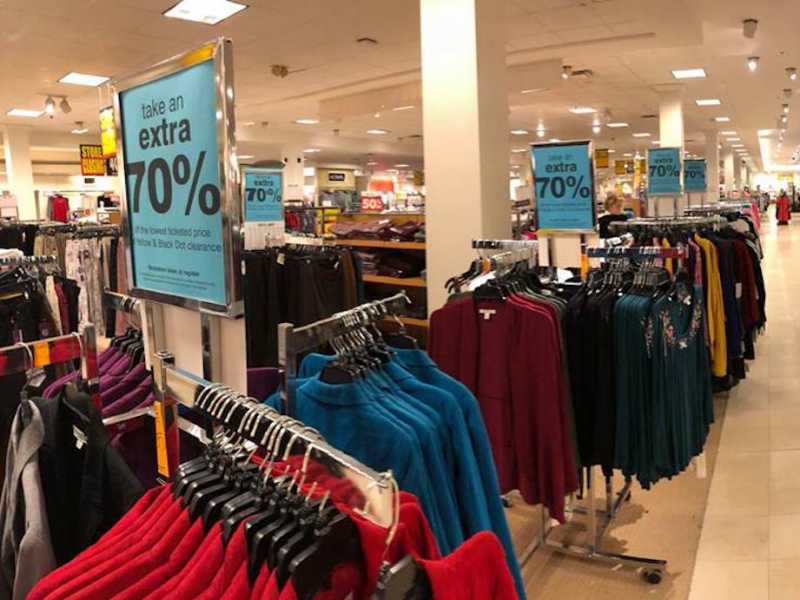
Source: CNN Money
... Herberger's ...
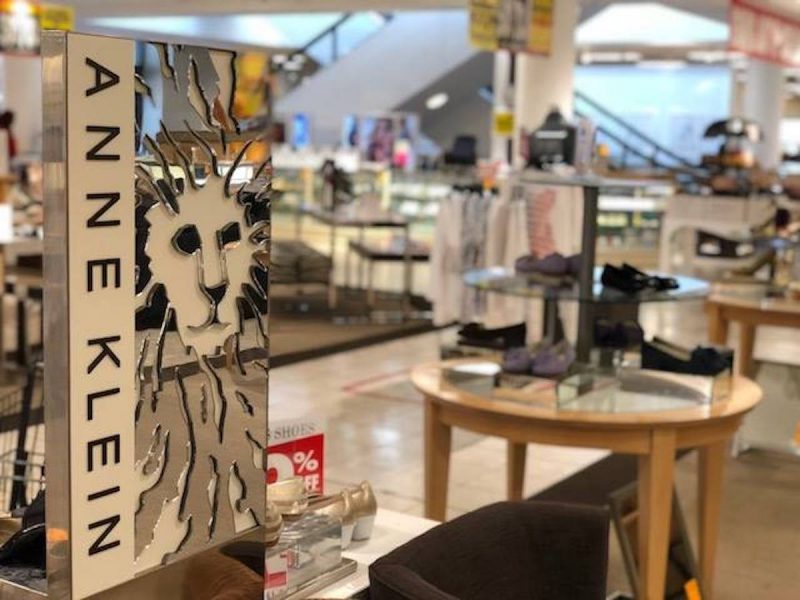
Source: CNN Money
... and Younkers.
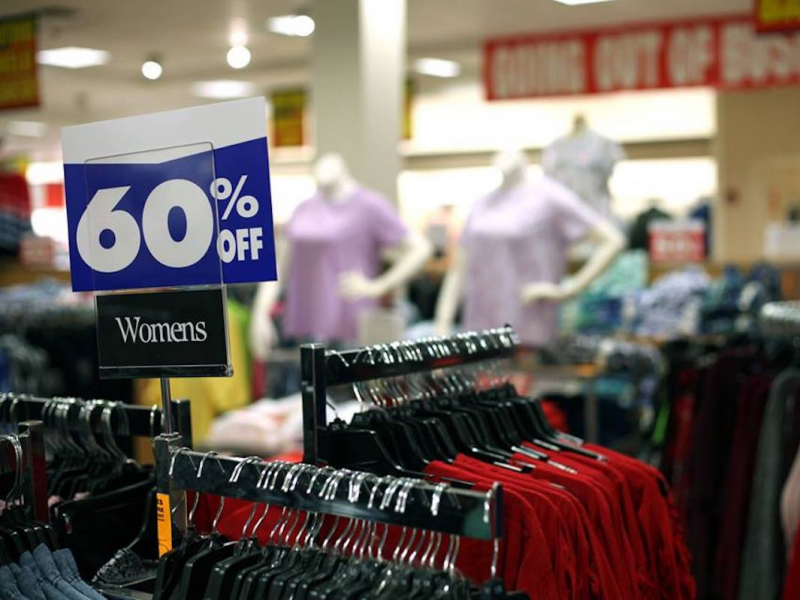
Source: CNN Money
Toys R Us and its subsidiaries closed in 2018. While the Toys R Us store and website came back in 2019, Babies R Us has yet to make a comeback in the US.
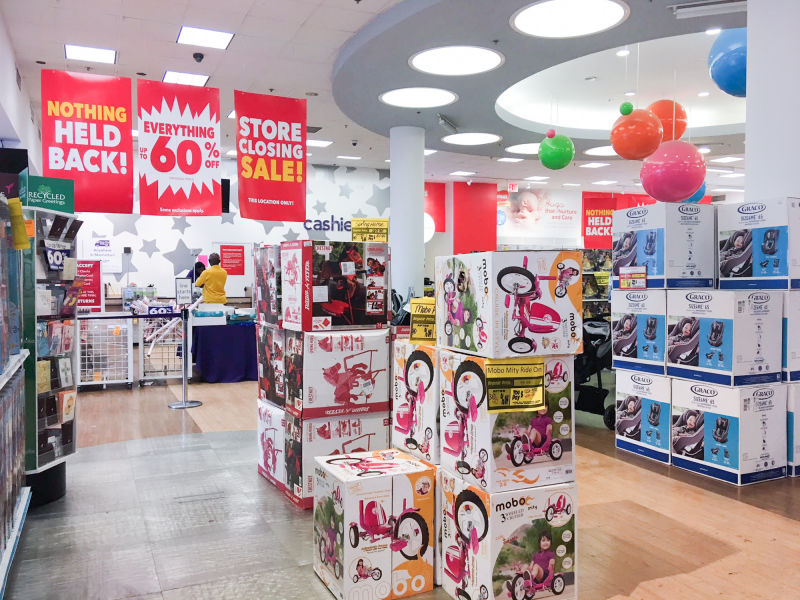
Sources: USA Today, Business Insider
LifeWay Christian Resources said it would be closing all its stores in March 2018, but it still sells books, bibles, and church supplies online.
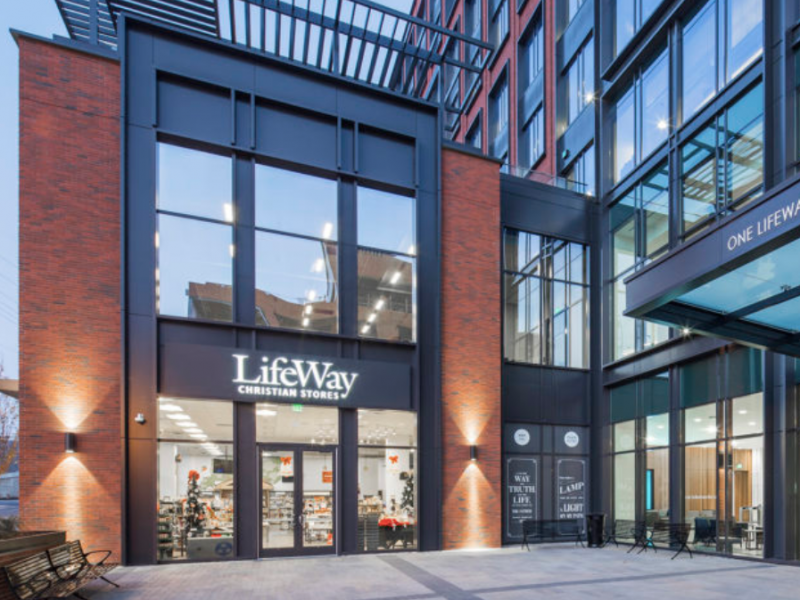
Source: Business Insider
After 123 years of business, Henri Bendel closed all its stores in January 2019.
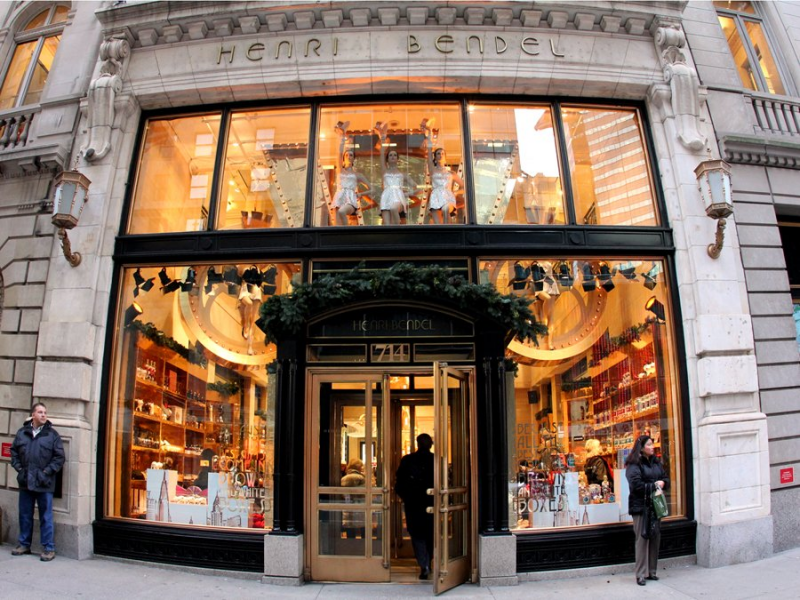
Source: Business Insider
Dress Barn announced the closing of all 650 of their store locations in May 2019.
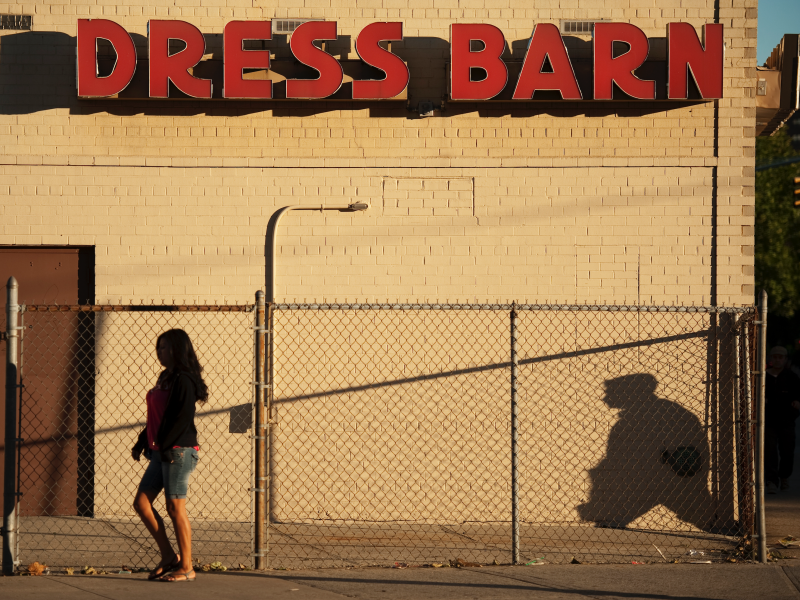
Source: Business Insider
